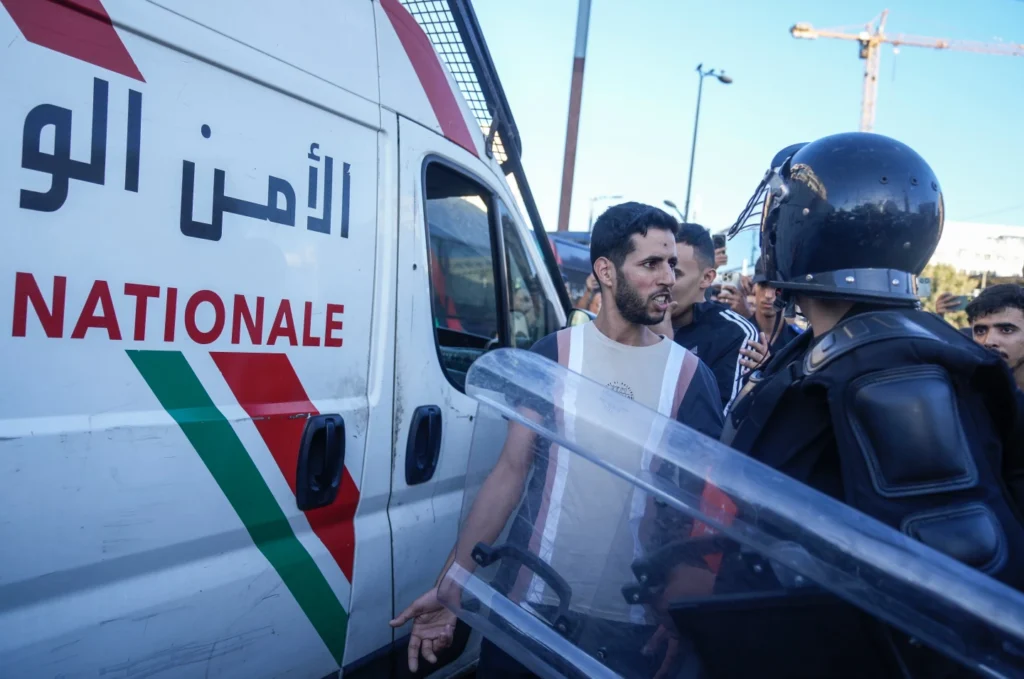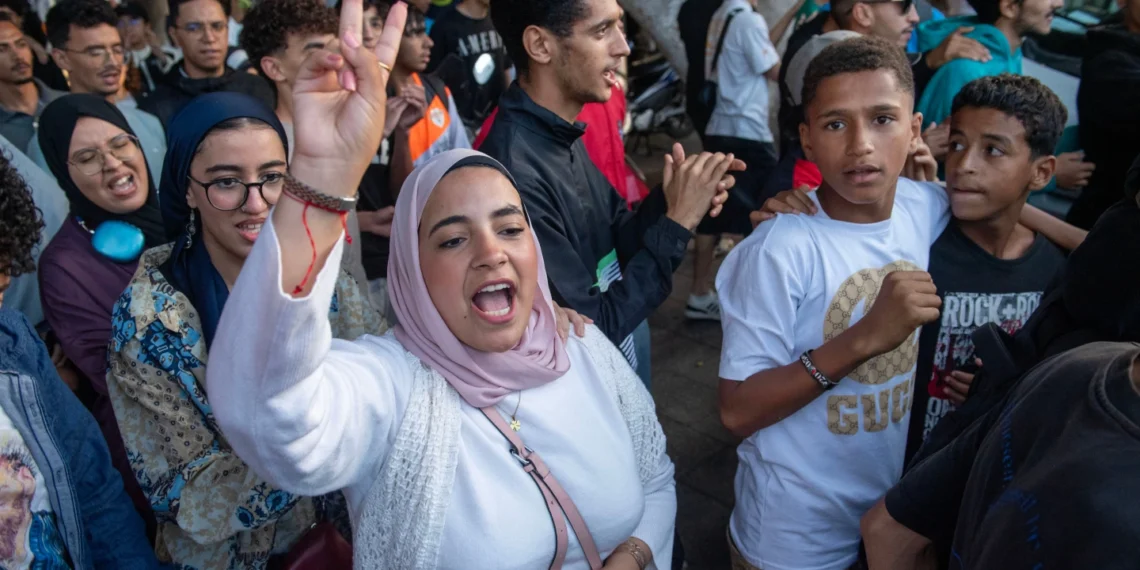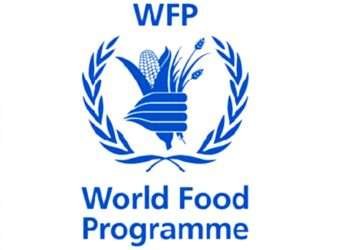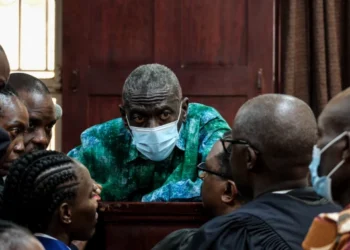Anti-government protests continued across Morocco for a fourth consecutive night, as frustrated young people poured into the streets of cities nationwide. The unrest, among the country’s largest demonstrations in recent years, has sparked violent clashes, widespread arrests, and mounting political tension.
Fueled by growing discontent over poor public services, protesters have challenged the government’s priorities, particularly billions of dollars being directed toward preparations for the 2030 FIFA World Cup. The demonstrations, organized largely by internet-savvy youth, highlight simmering anger over inadequate schools, hospitals, and job opportunities.
Clashes broke out between protesters and security forces in several regions, particularly in Morocco’s east and south, where economic hardship is more acute. Witnesses and local media reported rock-throwing, burned vehicles, and damage to public and private property in towns including Inzegane and Ait Amira.
In Oujda, eastern Morocco’s largest city, a police vehicle rammed into demonstrators, leaving one person injured, according to local human rights groups and the state news agency MAP. Authorities confirmed that 409 people were taken into custody, while 263 members of law enforcement were injured. The Interior Ministry said 142 police vehicles and 20 private cars were damaged, with 23 civilians also sustaining injuries.

The ministry maintained that the protests, organized anonymously through social platforms, lacked authorization and were dealt with according to the law. It vowed that those breaking the law would be treated “rigorously and firmly.”
Youth Demand Dignity And Justice
Organizers of the Gen Z 212 protest movement issued a statement on Discord, declaring: “The right to health, education and a dignified life is not an empty slogan but a serious demand.” The group urged demonstrators to remain peaceful while criticizing what it described as “repressive security approaches.”
Yet the protests, initially peaceful, have grown more destructive. Amnesty International has called on Moroccan authorities to engage with young people’s “legitimate demands” and address grievances about corruption and declining public services.
Oujda’s branch of the Moroccan Association for Human Rights (AMDH) said 37 protesters, including six minors, were set to appear in court on Wednesday. AMDH claimed hundreds more have been arrested across the country, some by plainclothes officers during media interviews.
The Moroccan protests share similarities with youth-led movements in countries such as Nepal and Madagascar, where frustrations over unemployment and poor governance have spilled into the streets.
Chants of “Stadiums are here, but where are the hospitals?” echoed in several cities, as demonstrators condemned the government’s emphasis on new sports infrastructure over essential public services. The recent deaths of eight women in a public hospital in Agadir have intensified the outrage, serving as a painful symbol of Morocco’s struggling healthcare system.
Growing Support From Celebrities And Public Figures
The protest movement, which spread rapidly on platforms like TikTok and Discord, has garnered unexpected endorsements. Morocco’s star goalkeeper Yassine Bounou and popular rapper El Grande Toto expressed their support, amplifying the demands of the young demonstrators and increasing international visibility.
Officials have rejected claims that World Cup investments are being prioritized over healthcare, insisting that weaknesses in the sector are long-standing and inherited from previous administrations. In parliament, the governing majority announced it would meet Thursday under Prime Minister Aziz Akhannouch to discuss reforms in hospitals and healthcare delivery.
With the protests showing no sign of slowing, Morocco faces a volatile moment that pits its global sporting ambitions against the urgent needs of its citizens. Whether dialogue or repression will prevail remains to be seen.
READ ALSO: Inflation Unshaken Despite Power Tariff Hike, Thanks to Favorable Base Effect – Analysts























